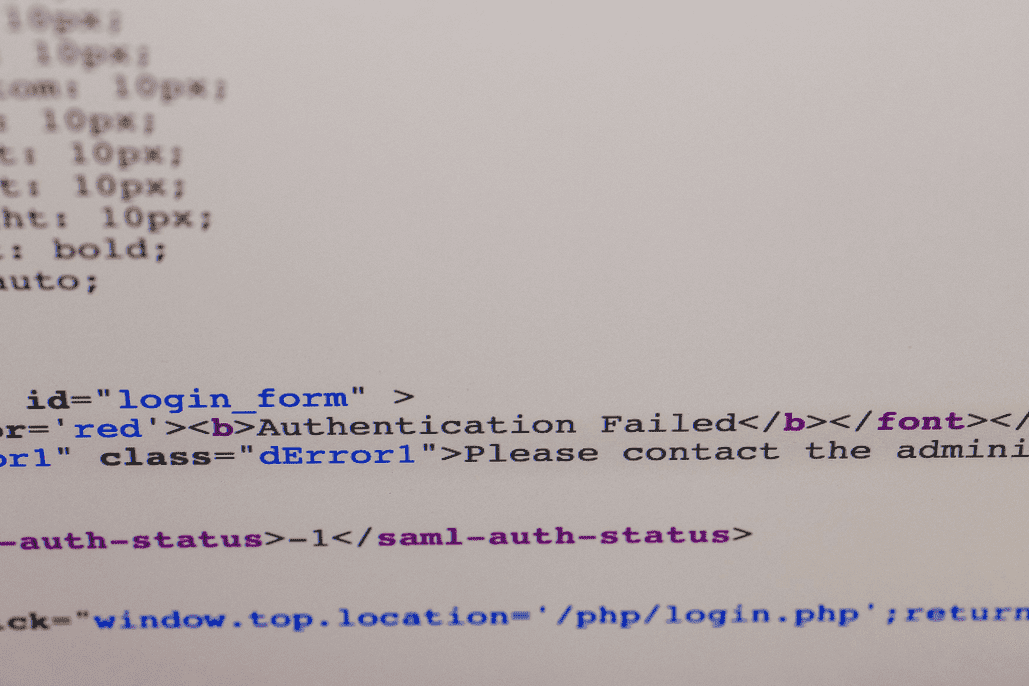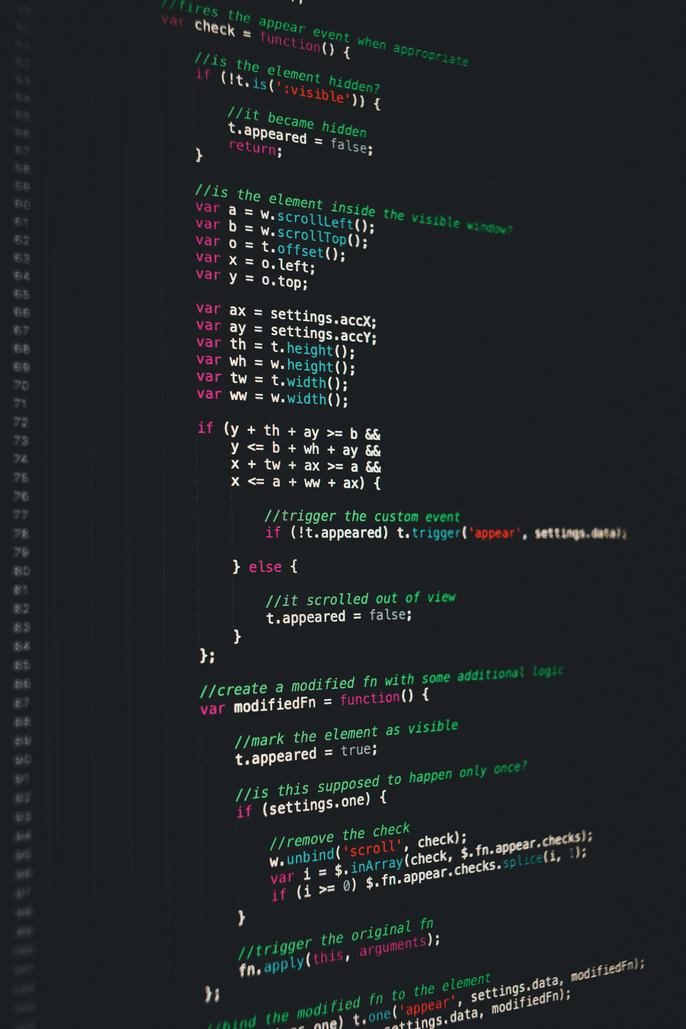
When it comes to building a website, the choice of platform can significantly impact the development process, performance, and functionality of the final product. Two popular options are Laravel, a PHP framework, and WordPress, a content management system (CMS). While both have their strengths and weaknesses, they cater to different needs and types of projects. This article will explore the key differences between Laravel and WordPress, helping you make an informed decision on which platform is right for your website.
Understanding Laravel and WordPress
Laravel is a powerful and modern PHP framework designed for web application development. It follows the Model-View-Controller (MVC) architectural pattern, allowing developers to create complex applications with a structured approach. Laravel is known for its elegant syntax, built-in tools for tasks like routing, authentication, and database management, and a rich ecosystem of packages that extend its functionality.
WordPress, on the other hand, is primarily a content management system that allows users to create and manage websites without extensive technical knowledge. Originally designed for blogging, WordPress has evolved into a versatile platform that powers a significant portion of the internet. It offers a user-friendly interface, a wide variety of themes and plugins, and a robust community of developers and users.
Key Considerations for Choosing Between Laravel and WordPress
-
Project Complexity and Scale:
- Laravel: If you're building a complex web application that requires custom features, user authentication, and database interactions, Laravel is the better choice. It provides the flexibility to create tailored solutions for your specific needs.
- WordPress: For simpler websites, such as blogs, portfolios, or small business sites, WordPress is often sufficient. Its easy-to-use interface and extensive plugin library allow you to add functionality without extensive coding.
-
Development Speed:
- Laravel: While Laravel offers powerful tools for rapid application development, it may require more initial setup and configuration compared to WordPress. Developers familiar with PHP will find Laravel's syntax intuitive, but those new to coding may face a steeper learning curve.
- WordPress: WordPress is designed for quick setup and deployment. With numerous pre-built themes and plugins, users can launch a website in a matter of hours. This makes it an attractive option for those looking to get online quickly.
-
Customization and Flexibility:
- Laravel: Laravel's architecture allows for extensive customization, making it ideal for developers who want to create unique applications. With the ability to define your own database structure, routes, and application logic, Laravel provides the flexibility to adapt to specific requirements.
- WordPress: While WordPress is customizable through themes and plugins, it may not offer the same level of flexibility as Laravel for complex applications. Developers may find themselves constrained by the limitations of existing themes and plugins.
-
Performance and Scalability:
- Laravel: Laravel applications can be optimized for performance, making it suitable for high-traffic websites and applications. Its caching mechanisms, routing capabilities, and database management features enable developers to create scalable solutions.
- WordPress: While WordPress can handle a significant amount of traffic, performance may suffer if poorly optimized or overloaded with plugins. Developers must be mindful of resource management and may need to implement caching solutions and performance enhancements.
-
Security:
- Laravel: Laravel includes built-in security features such as CSRF protection, password hashing, and input validation, making it a secure choice for building applications. Developers can implement additional security measures based on their application’s requirements.
- WordPress: WordPress has a large community and regular updates to address security vulnerabilities. However, its popularity also makes it a target for hackers. Users must remain vigilant about keeping themes, plugins, and the core system up to date to mitigate security risks.
-
Community and Support:
- Laravel: Laravel has a vibrant community and offers extensive documentation, forums, and tutorials. Developers can find support through community forums, conferences, and online resources.
- WordPress: WordPress has a massive user base and community support. Users can access a wealth of resources, including forums, tutorials, and documentation. The large pool of developers also means that many themes and plugins are regularly maintained and updated.
Conclusion: Which Platform Is Right for You?
Choosing between Laravel and WordPress ultimately depends on your project's specific requirements, your development expertise, and your long-term goals. If you are building a complex web application with unique functionality, Laravel offers the flexibility and power you need. However, if you're looking for a straightforward way to create a website or blog with minimal technical expertise, WordPress may be the better option.
By considering the factors outlined above, you can make a more informed decision about which platform aligns best with your vision and technical capabilities. Both Laravel and WordPress have their strengths, and the right choice will empower you to create a successful online presence that meets your needs.



